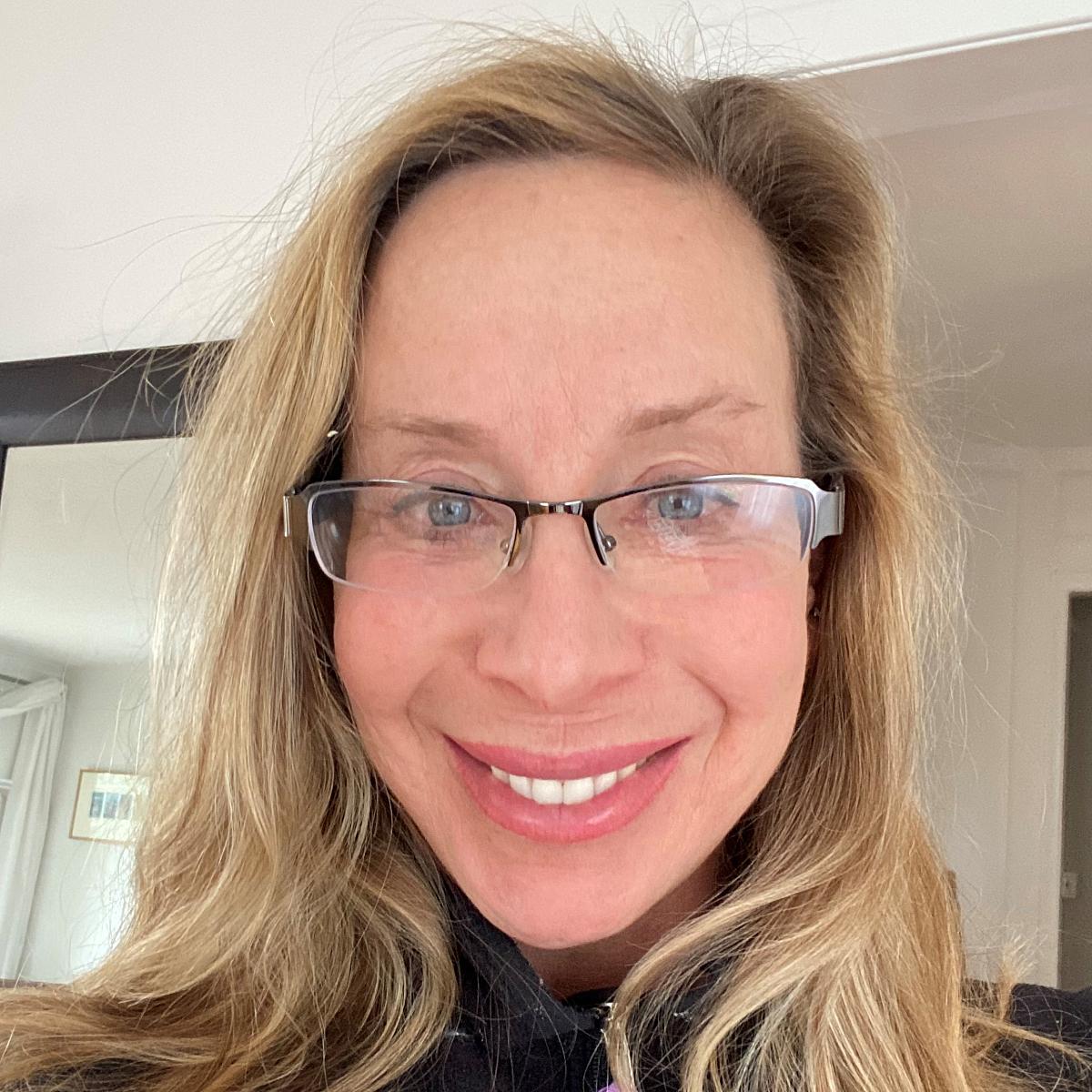SHAPE: System for Health Assessment and Population Data Evaluation—A Data Visualization Tool

The impetus for the proposed SHAPE systems is the demonstrated population heterogeneity within the 5-state catchment area, as well as notable differences in quality and extent of data pertaining to each state. SHAPE will be critical for understanding, prioritizing, addressing, and evaluating the cancer burden and cancer control opportunities for the heterogeneous populations across the HCI region. SHAPE will use data streams from unrestricted publicly available data (e.g. US Census or BRFSS), restricted public data (e.g. State departments of health and all payer claims), and both de-identified and identifiable data (e.g. University of Utah Health Electronic Data Warehouse). SHAPE will add value beyond integrating existing data by deriving new layers, such as travel time, service areas, and area-level cumulative exposures. A critical component of SHAPE will be the user interface (portal) for queries and simple analytics, along with mapping and data export utilities. We will undertake periodic primary data collection through the Community Health Assessment Surveys (CHAS) to 1) collect catchment area-specific information that is not currently available, and 2) sample robustly for small area estimates (sub-county) and to represent hard-to-reach populations.
Community Health Assessment Survey
The Community Health Assessment Survey (CHAS) was developed in conjunction with the System for Health Assessment and Population Data Evaluation (SHAPE) as a primary data collection method. CHAS contains survey items from national surveys (e.g. BRFSS), as well as validated, community-driven survey elements reflecting stakeholder interests in population measurement domains, informed by over a dozen representatives, including CAB members, departments of health from all five states, and community workers. Two rounds of CHAS have launched, targeting two different populations. In CHAS 1, a total of 1,592 respondents from Rural and Frontier regions completed the survey creating the first cancer control-focused data and knowledge base on frontier populations. CHAS 2 had a total of 1,387 Hispanic/Latino individuals participate, which was made possible through the partnership with Alliance Community Services, a Utah-based Hispanic organization. Further rounds of CHAS are expected.
TACC Study: Access, Utilization, and Outcomes of Cancer Services in the Era of Telemedicine
As Co-Investigator with collaborators at Dartmouth College and Louisiana State University, Dr. Onega helps lead this study on telehealth’s impact on access, utilization, and outcomes of cancer services. This study will take the critical and timely steps of developing measures of access nationally that incorporate telehealth, identifying determinants of telehealth use in cancer care, testing the effects of telehealth on cancer outcomes, and analyzing the projected impact on equity in cancer care access and outcomes if telehealth use in cancer is expanded, while considering differential effects based on the rural-urban continuum. Working with multiple data sources, such as SEER-Medicare claims of patients diagnosed with lung, breast, colon, melanoma, rectal, pancreatic, and bladder cancers, the overarching goal of the project is to guide improvements in cancer care equity through increased utilization of effective care via telehealth access. Dr. Onega has particular interest in the geographic & population variation in potential access to telehealth and reducing disparities through expanded telehealth potential.
DUET Study: Developing Understanding of the Environment of Disseminated Tumor Cells
Dr. Onega acts as the site co-investigator on this multi-site study in collaboration with Fred Hutchinson Cancer Center at the University of Washington Medical Center and Washington University School of Medicine. Breast cancer is the most common cancer in women worldwide, with over 1.6 million new cases diagnosed annually. Evidence suggests that late recurrences of breast cancer arise from dormant, disseminated tumor cells (DTCs) that reside in distant tissues and are difficult to treat with conventional therapies. The detection of DTCs in bone marrow predicts a higher probability of distant recurrence in breast cancer patients. The specific aim of this study is to initiate and implement a novel prospective breast cancer cohort, ultimately to conduct state-of-the-art molecular characterization of dormant DTCs across the breast cancer spectrum. Dr. Onega leads the coordination of the project at Huntsman Cancer Institute to enroll 300 patients over the four-year study.
B-Sincere STUDY: Community Services Navigation to Advance Health Equity in Breast Cancer Screening
Dr. Onega is a co-Investigator on a study to address health inequities in breast cancer screening follow-up among underserved women. Breast cancer remains the most common and second deadliest cancer among U.S. women, with persistent disparities in outcomes. Underserved women face higher mortality due to diagnostic delays and social barriers. Supporting women with social needs may enhance screening follow-up after routine screening mammograms and reduce disparities in breast cancer outcomes. This study compares active community services navigation intervention to usual care on episode completion and connection to social resources. Dr. Onega co-leads the study and participant recruitment.
